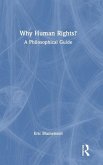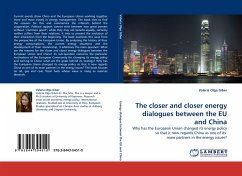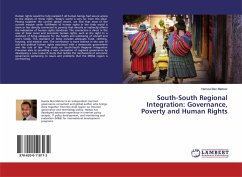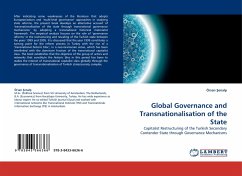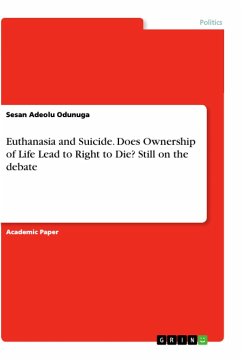Since the early aftermath of World War II human rights discourse has been gaining increasing importance in world politics, to the extent that nowadays it may be considered as a central issue of international society. Such a scenario goes arm in arm with a deep change in our thousand-year-old ethical system. Firstly, human rights are investigated according to both their implementation and the nature of the concept. A particular focus is given to the European Union, which has been playing a lead role in the promotion of human rights worldwide. Secondly, analysing the case study of euthanasia and its legalisation in Benelux, it is suggested that a common line sought in European politics cannot avoid considering such an issue. In this regard, the ultimate attempt of this inquiry is to sustain the plausibility of the new ethic, according to which euthanasia and the right to death should be considered as a human right.
Bitte wählen Sie Ihr Anliegen aus.
Rechnungen
Retourenschein anfordern
Bestellstatus
Storno


